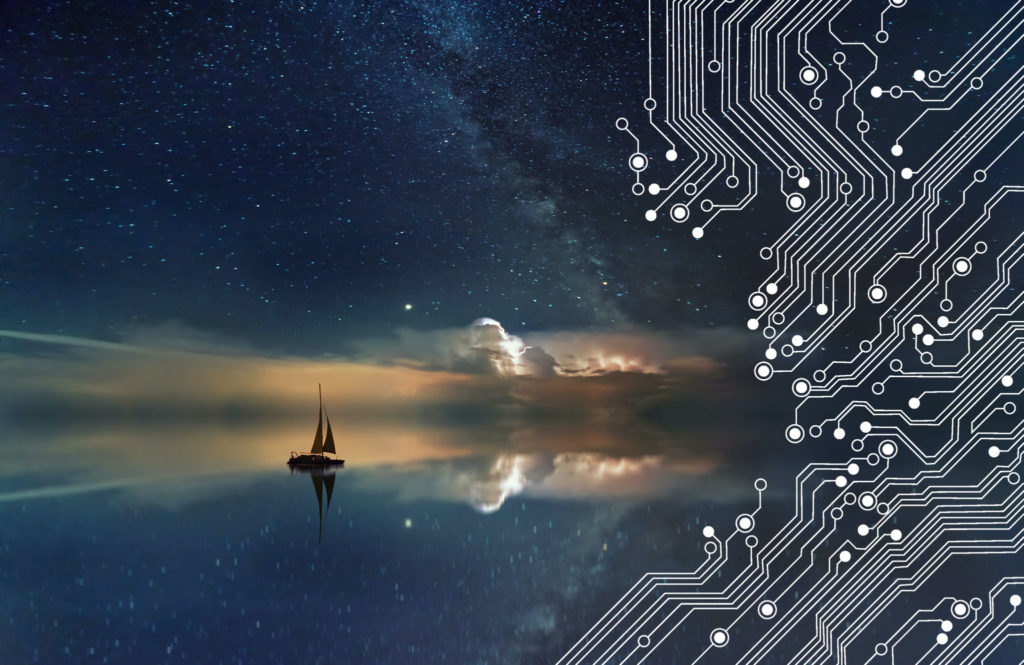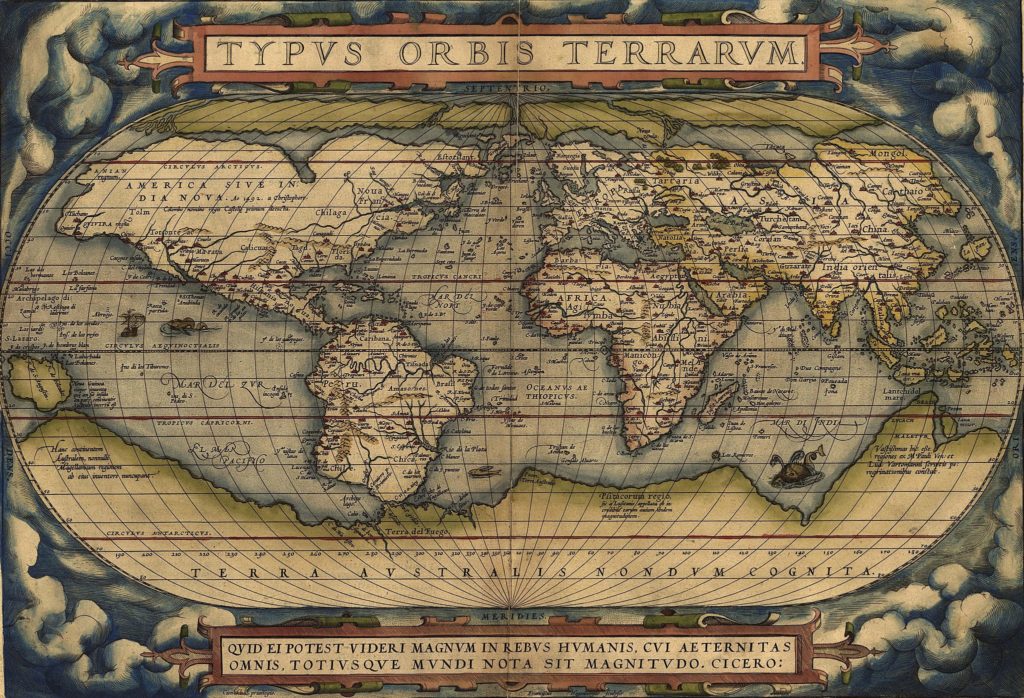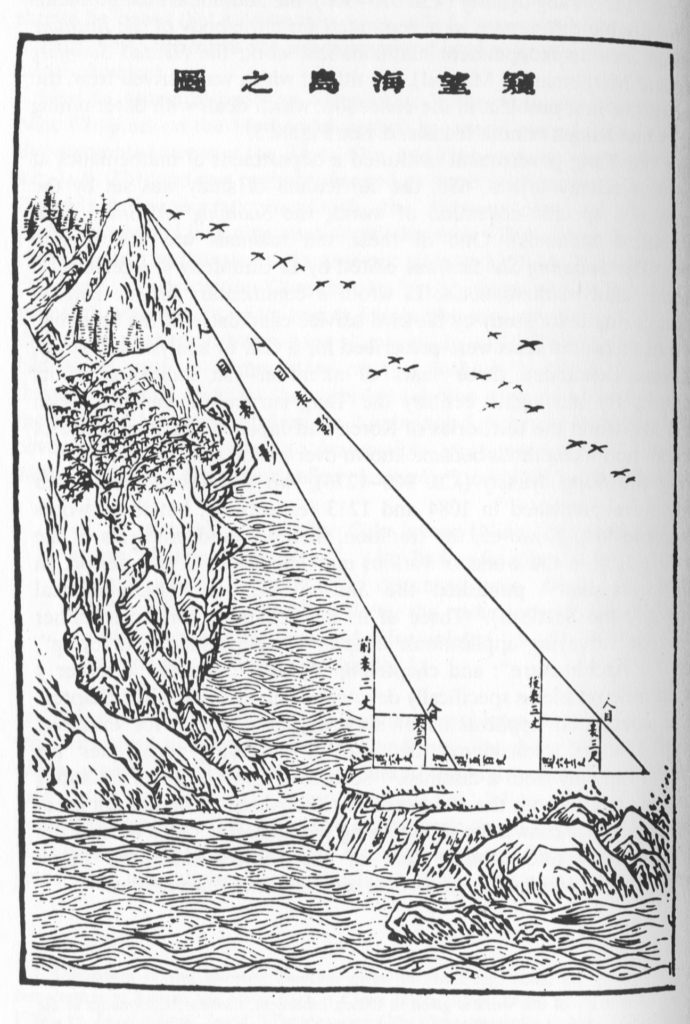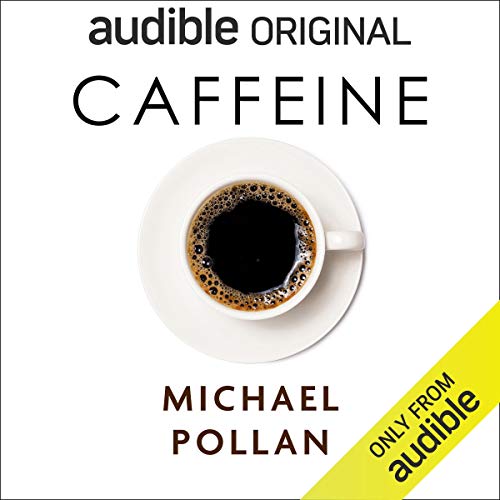How can I see the bigger picture? What sources can I use to gain insight? How to verify the information and improve my critical thinking? These are some questions that I ask myself on a regular basis. Whether it is a fictional world crafted with great storytelling or a real-world phenomenon described in scientific research, I apply triangulation. It’s a method to determine a location or in a broader sense – to find an answer to a burning question. Every Tuesday I’m sharing my discoveries.

What is triangulation?
In short, it’s a way to know where you are by measuring the distance to three fixed objects. It’s how the global satellite navigation works and I become fascinated about the triangulation, the moment I understood its potential. In the past calculating networks of triangles was used by geographers, sailors, and mathematicians to measure the height of an island or size of the planet Earth.
As a traveler, digital nomad, and tour leader I spend plenty of time in unknown territory – cities or nature sites I reach for the very first time. Open spaces are the fuel to my wanderlust and maps are the most intriguing depictions of the world around. Even if the map is not precise, out of date, or abbreviated it’s still an image of how the environment can look like – from a distant perspective.

Triangulation is also useful in the exploration of fictional worlds. Whether it is a book, video game, or pen and paper RPG, “seeing” the territory at large, unlocks a new point of view. Sometimes it’s the only angle that allows us to learn and progress.
Triangulation term exists in other domains like:
The underlying technique of drawing and measuring triangles can be actually applied to any other field. Personally I use it to hone my media literacy skills and increase my understanding of the universe.

Why is the triangulation method essential?
Evolution honed homo sapiens to the advanced level of who we are today. At first, it was the “lizard brain” that we share with other kinds of animals and within a blink of an eye, we switch between – fight, flight, freeze, or friend mode. Then we started to diverge due to our unprecedented social skills. Development of language, generational collaboration, and culture-building set us apart from the natural animal kingdom. These skills were sufficient up to the industrial age and upheaval of political power from rulers to elected officials.
Our current information age requires a new set of skills. We can no longer just observe nearby forests or watch neighbor’s faces for social cues to determine that “our” world is in good condition. In a similar fashion, as industrial-age public schools taught the majority of humans how to read and write, we now need to gain skills on how to learn, unlearn, and relearn. The global circumstances involve us all and the data changes so fast that we need to adapt swiftly.
Representation of the world
Triangulation is one of many methods to assess the situation. Actually, the same way that car navigation can instantly find an alternative route when you miss a highway exit so does data triangulation work. Cross-checking at least three or more sources is like drawing a map in your mind. It can help you navigate through your daily activities but also gives you a long-term perspective. And, of course, it’s a dynamic representation, as long as your sources are up to date.
The illiterate of the 21st Century are not those who cannot read and write but those who cannot learn, unlearn and relearn.
Alvin Toffler, Powershift: Knowledge, Wealth, and Power at the Edge of the 21st Century

Why is triangulation important to me?
I was growing up at the time when books were the only source of verified knowledge and when schools and older generations were trying to keep this status quo. Coincidently my rebel teenage years aligned with the rise of broadband Internet, mobile phones, and ubiquity of personal computers. The first visible crack of the old system was caused by an absolutely new phenomenon that no books or elders could explain.
The network of networks was and still is mesmerizing. And only now from the perspective of about two decades I see how much I learn by doing. This is a fundamentally different approach from the scholastic doctrine – read the book, memorize, pass the test. I am like many other kinesthetic people who prefer to – observe others, play around, fail & repeat. This is where my own spin of the triangulation method comes in.
Triangulation in practice
Whenever I want to learn something new I dig into a variety of sources. By “sources” I mean for example raw data, historic perspective, scientific and peer-reviewed research, authority, or group that elaborates about the topic. Even if there’s a lack of some of these elements, usually there are at least three points to consider – hence the trian-gulation.
From quirky customs of the local culture, I’m visiting up to the global implications of such forces as climate change. And from the importance of SSL (in fact TLS) web domain certificate to the social commentary of the “YouTube Adpocalypse” phenomenon. Every single topic can be viewed from three or more angles to determine its core. And this is essentially the only way to feed my infinite curiosity.

Triangulation example
As a huge audiobook fan, I listen to a lot of diverse productions. One of them is Audible Original by food journalist Michael Pollan, called “Caffeine“. It’s a story about how tea and coffee conquered planet Earth, by injecting compound know as caffeine into human bodies. At one point author is using a new term for me – pharmakon. Excellent! It’s time to use my triangulation skills.
Michael Pollan does briefly explain that pharmakon is any object that simultaneously is a:
- drug – cause addiction,
- remedy – boost mood,
- scapegoat – can be blamed for many crimes and injustice.
But I want to know more than that!
The obvious first step is to check Wikipedia entry about the topic. Here I learn that it’s a philosophical term, and that whole field of philosophy is close to my heart since high school. This immediately widens my viewpoint to other aspects of conceptual thinking I gained prior. The next step is to realize that pharmakon has common root etymology with “pharmacology”, which gives me another point of view. One that explains the drug associations.
In terms of remedy, I had a privilege of learning or rather experiencing the social phenomenon of drinking coffee in Italy. These are the people who invented the espresso machines and lexicon for all kinds of coffee-based drinks – cappuccino, latte, macchiato, etc. Here, after short nights of sleep and long days of work as a tour leader I started to appreciate and understand the remedy effects of strong Italian espresso.

Lastly, I dig into the historical perspective, that connects the cultural custom of animal offerings to the gods – scapegoat – with a social function of an object/person to be blamed and ritually sacrificed. Which actually blends cultures of ancient Greece with Italian/Ancient Rome, where these rituals were practiced.
In this example, the search was performed both outside – encyclopedic definitions and inside – to check what I experienced and already known about nearby topics. With this triangulation method, I managed to incorporate a new term “pharmakon”, widen the perspective on what is caffeine and how it relates to the world.
What is the Triangulation Tuesday?
It’s an insightful email newsletter being sent to you every Tuesday. As a nerd deeply passionate about the Web I tested and researched the most optimized approach to what I want to create. Therefore the Triangulation Tuesday is:
- lightweight – so you can read it on mobile devices and on a slow Internet connection,
- text and HTML-friendly – every email client can display it according to your preferences,
- made with MailPoet – proven newsletter platform make sure that emails are delivered and easy to filter out (if needed).
Triangulation Tuesday is also an extension of this blog, so the main topics revolve around:
- Technology – How to stay in control of it? How to mindfully use it as a tool for the greater good?
- Tourism – How to traverse cultures and worlds while being compassionate and open? How to build long-lasting business connections to better serve travelers?
- Mobility – What are the tools that help you stay in motion and work on the go? How to remain nimble and resilient in any circumstances?
Each email includes thoughtful articles, useful apps, recommended (audio)books, podcasts, and many more. Mind that I always try to find a balance between practicality and storytelling.
Sign-up in the form below or under this link. Every Tuesday I’m sending a new email that’s perfectly adjusted for any size screen and remains fully readable in both text or HTML format.